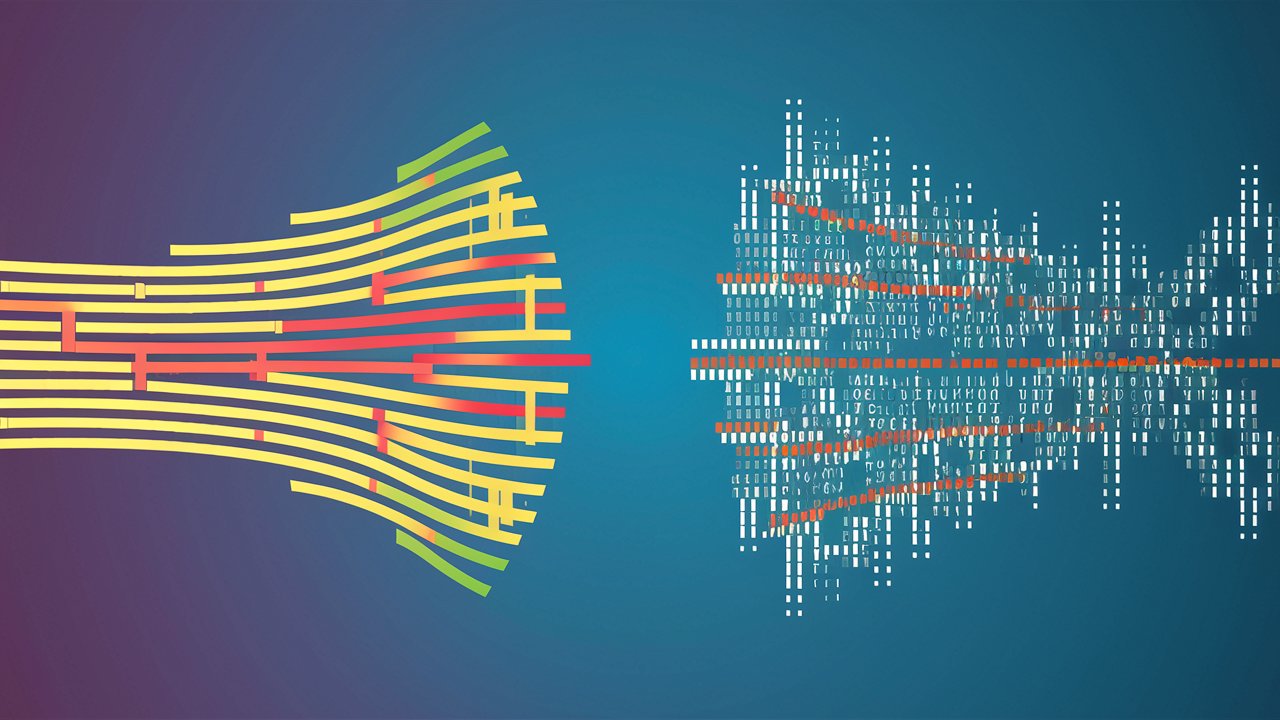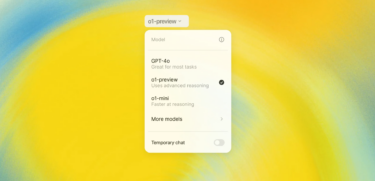OpenAI gives a glimpse into Voice Engine, a model that creates voice clones from short 15-second voice samples. The results sound very realistic - and that poses a risk, the company says.
OpenAI has revealed early findings and outcomes of its Voice Engine AI model. The model can produce a natural-sounding voice clone from a brief text input and a 15-second voice sample that sounds almost identical to the original voice.
English reference audio (15 seconds)
Generated voice based on reference audio
Voice engine was developed in late 2022 and is already being used for predefined voices in the Text-to-Speech API, as well as for ChatGPT Voice and Read Aloud. At the same time, OpenAI is cautious about a wider release due to the potential for abuse.
Since the end of last year, OpenAI has been privately testing voice engine with a small group of partners. Some early application examples include:
- Improving support for people who can't read and for children, using natural and expressive voices.
- Translating videos and podcasts so creators can reach a wider audience in their native language (HeyGen, see demo below).
- Improving basic services in remote areas.
- Helping people who cannot speak, such as for speech therapy applications.
- Recreating the voice of patients with sudden or gradual voice loss.
OpenAI recognizes the significant risks of Voice Engine, especially the potential for voter manipulation in an election year. Current test partners have to follow usage guidelines that prohibit impersonation without consent. They must get explicit permission from the original speaker and can't allow users to create their own voices. AI-generated voices must be clearly labeled.
English reference audio
Voice clone in German language (HeyGen)
OpenAI calls for restrictions on voice authentication
OpenAI is sharing its findings with Voice Engine to demonstrate what's possible with AI voice cloning technology. It's important for the world to understand where this technology is headed - whether or not OpenAI ends up using it on a large scale, the company says.
OpenAI advocates the elimination of voice authentication for sensitive data, protections for the use of voices, education about the capabilities and limitations of AI, and better content tracking techniques, as well as authentication processes and blacklists for known voices. The company uses security measures such as watermarking for traceability and proactive usage monitoring.







